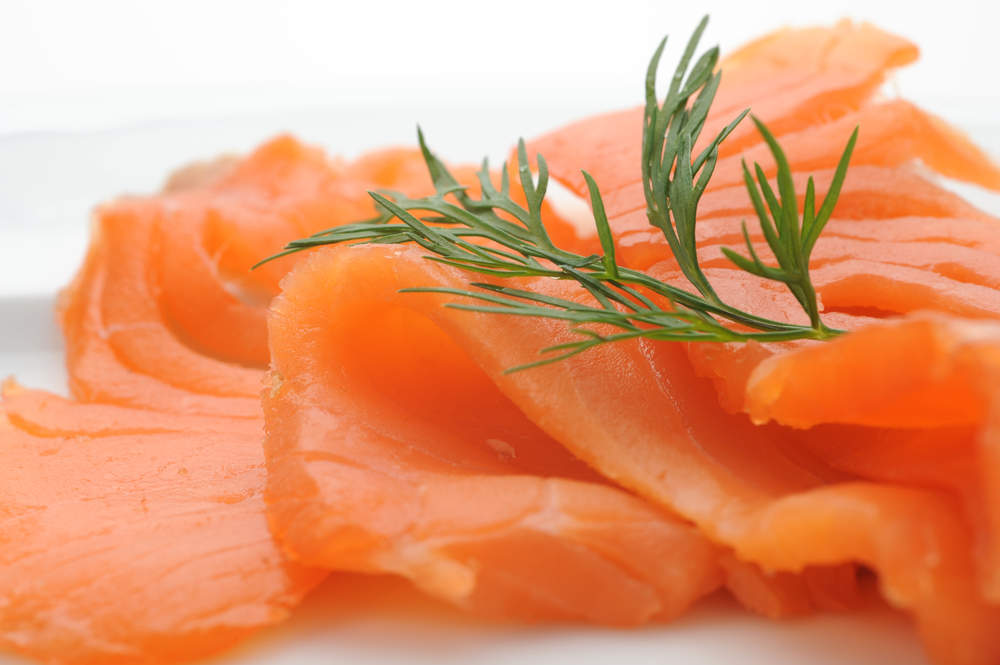
Scottish salmon exports hit a record value of £346m in the first half of 2017 — an increase of 70 percent on the same period last year.
The industry saw 29,000 tonnes of fresh salmon worth £190m sold in the second period of this year alone, according to the latest HMRC figures.
The increase of almost 10 tonnes on the 19,150 tonnes exported in the same period last year is good news for Scottish salmon producers.
The export figures show that despite reports that Scotland continues to face major problems from sea lice, consumer demand is still rising.
Fish producers have been forced to spend at least £30m a year on measures to respond to the sea lice issue, however.
Which countries are importing the most Scottish salmon?
The US remains the largest market, while China is the biggest importer in Asia, buying £44m worth of Scottish salmon.
How well do you really know your competitors?
Access the most comprehensive Company Profiles on the market, powered by GlobalData. Save hours of research. Gain competitive edge.

Thank you!
Your download email will arrive shortly
Not ready to buy yet? Download a free sample
We are confident about the unique quality of our Company Profiles. However, we want you to make the most beneficial decision for your business, so we offer a free sample that you can download by submitting the below form
By GlobalDataTaiwan, the small island nation east of China and Vietnam, also feature in the top 10 biggest buyers of the oily fish.
Scott Landsburgh, chief executive of the Scottish Salmon Producers Organisation (SSPO), said:
The fact that annual Chinese exports are now worth around £90m from a standing start six or seven years ago indicates that this has been worth the effort. East Asian markets are becoming increasingly significant, with Taiwan and Vietnam in the top 10 importers. Quality and provenance are highly prized in all markets and Scottish salmon fits the bill. Its traceability from source to plate is another respected attribute in the Far East.
Scotland’s rural economy secretary Fergus Ewing agrees:
Particularly pleasing is the success of our work to unlock more markets in the Far East, which have been key industry target areas. However, this success simply underlines the importance of ensuring Scotland’s food and drink exports are protected from the potentially damaging consequences of Brexit.







